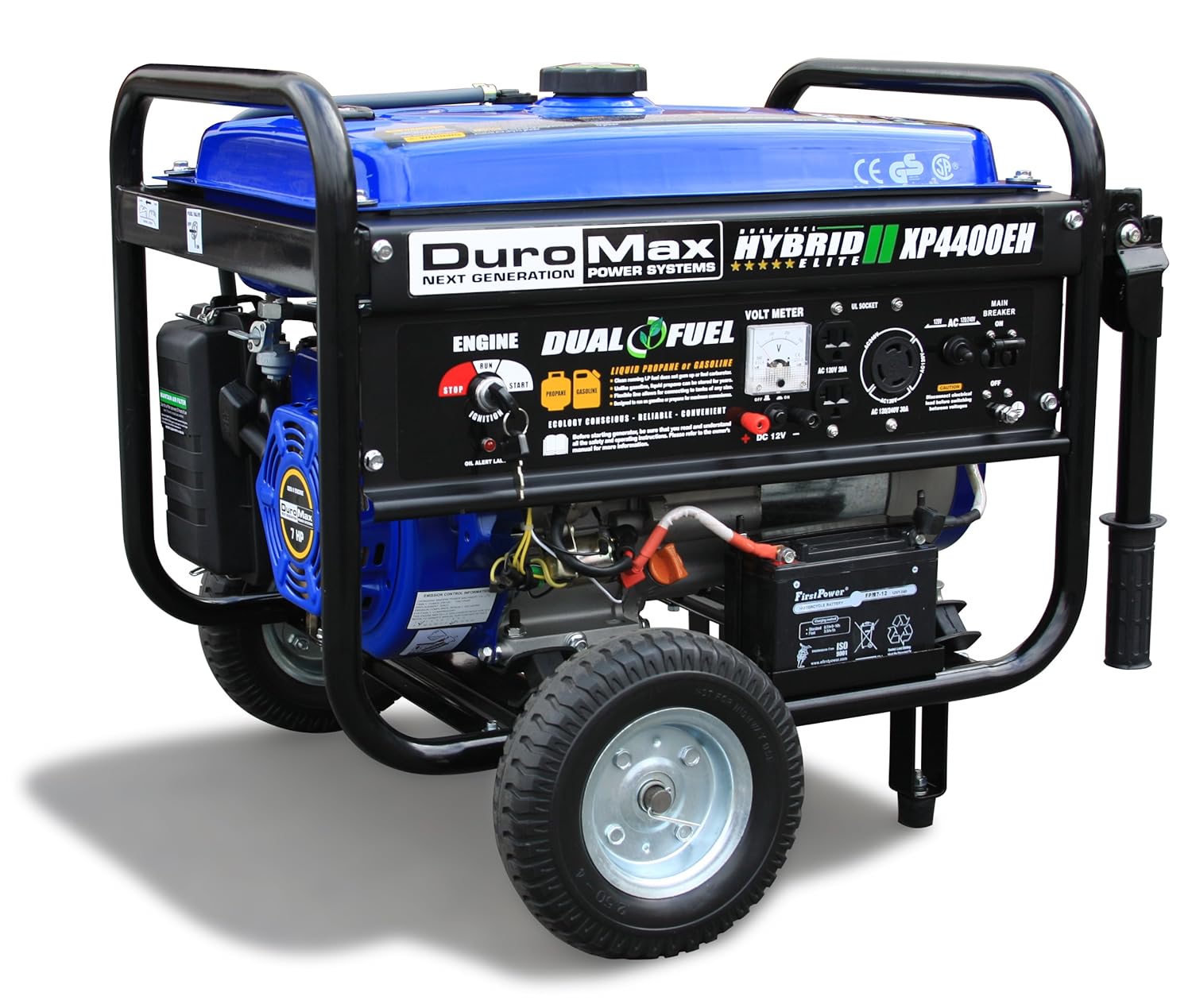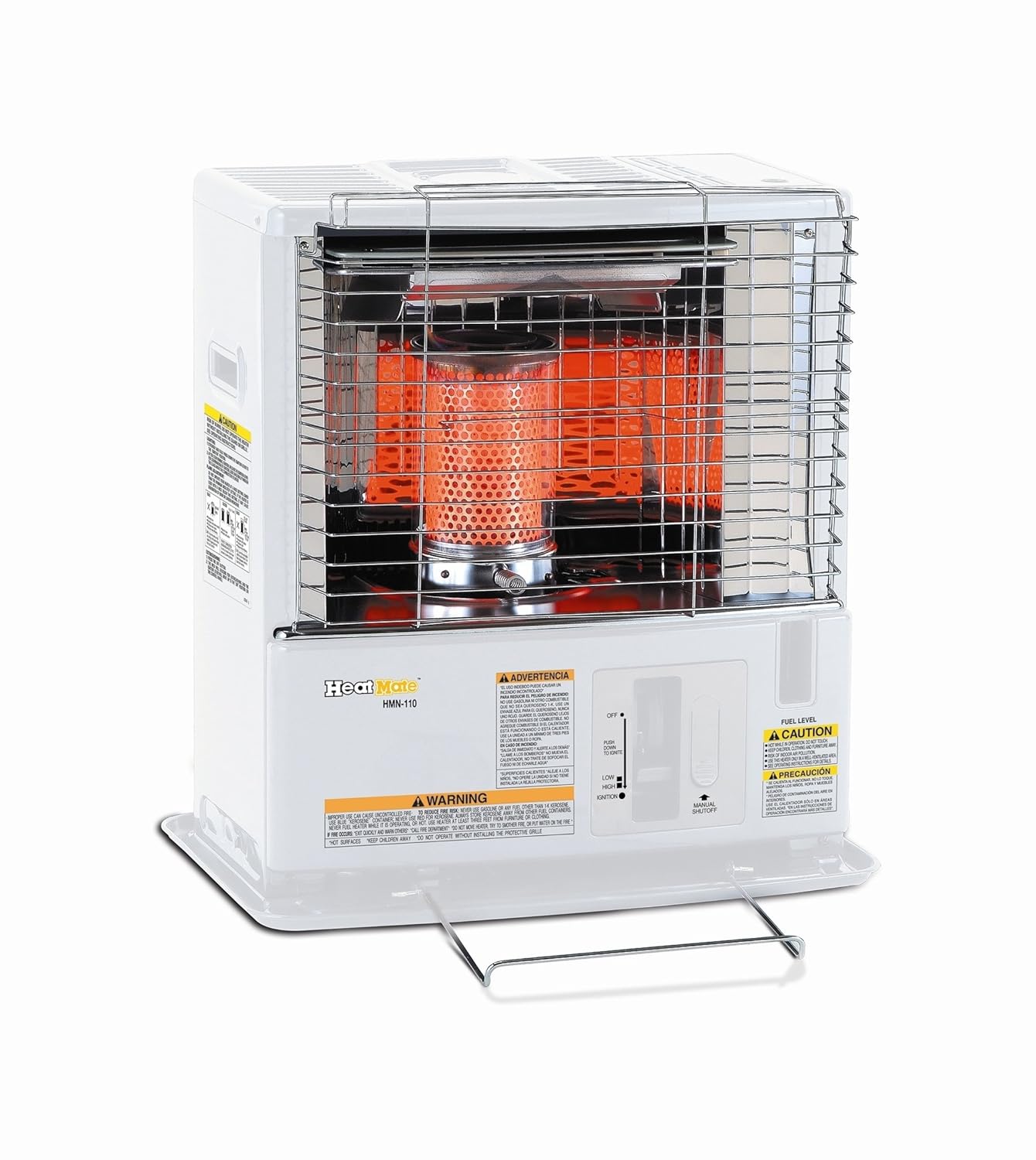
The Northeast is getting hit pretty hard by intense snowfalls. While few things are as predictable as winter, it always seems to catch some people by surprise so its better to be ready. Here’s some well-known advice along with a few tips you might find handy that you probably didnt know of.
1)Food, medicine and other supplies
Obvious enough, but still worth reminding. Have at least a month worth of food at all times. More is always better, but at least a month will be more than enough to deal with most storms. Keep in mind that you may have to feed family, friends or even neighbors that are in need of help. When it comes to the kind of food, food that needs no cooking and is shelf-stable such as canned food is ideal, but food that cooks easily and needs no refrigeration also has a place. Pasta is simple enough to cook and requires little fuel if you happen to be using a camping gas stove. A warm plate of pasta is also nourishing, full of calories that you will need to keep you warm. Most people like pasta and kids seem to eat it with little trouble. It stores well too. Don’t forget chocolate drinks, coffee and tea. A neat tip is to have plenty paper and plastic plates, cups and cutlery so as to not have to do the dishes, which can be problematic if there's no power and there's not much water to go around.
Make sure you have enough spare medicine to get you through a couple weeks if necessary. You just don’t know when you’ll be able to get more.
Batteries, flashlights, a battery-powered radio to listen to news, a generator and enough fuel to run it are also important. Make sure you have fuel for your car and generator as well as other fuels such as kerosene for heaters or propane for stoves, heating and propane powered generators.
Don’t forget water. You can’t drink snow and tap water may be contaminated during power outages. Pipes can also burst, affecting the water supply. Have several gallons of water stored, at least seven gallons per person.

2)Don’t travel if you don’t have to
Stay put and avoid taking unnecessary risks. Don’t drive during snow storms. Car accidents are a common cause of death during storms. You also risk getting stuck or crashing and having to walk back home, risking hypothermia and traffic accidents. This is also a reminder, have a winter kit in your car including spare clothes, blankets, food, water and spare cellphone with charger.
Be careful not to underestimate the storm while overestimating your physical abilities. Its much harder to walk on snow, you get wet, lose heat and get tired much faster.
3)Stay warm, but stay safe
Unless you have a wood stove, when it comes to staying warm during a blackout, nothing beats the efficiency of a kerosene heater. A modern radiant heater or convection heater is safe, efficient and has no smell when operated correctly. A gallon of kerosene is in most cases enough to heat a room for a day. Make sure you leave a window opened about an inch when operating a kerosene heater in a closed room so as to ensure proper ventilation. A CO detector is pretty much mandatory when using fuel burning heaters.

When it comes to clothing, favor layers for staying warm and dont forget about gloves, hats and scarfs. Avoid cotton, "cotton kills" as the saying goes. Unlike sinthetic and wool materials, cotton stays wet and cools your body much faster.
4)Charge and unplug
Keep your rechargable batteries and cell phone charged. A charged battery bank or solar charger are also good ideas so as to be able to power your cellphone during blackouts.
Once power goes down, unplug all appliances so as to avoid harmful surges and spikes in power when the power comes back on.
5)careful shoveling snow and going outside
Be very careful when shoveling snow. Its an intense physical activity and every year people die of heart attacks when doing just that. If you have to shovel snow, do it at your own pace, take small breaks every five minutes. When going outside, even if its to take out the trash, spread salt or shovel snow, let another family member know what your are doing! You can have an attack, you can even slip on ice and get hurt. Unable to move on the ground, you can die in a matter of minutes if exposed to extreme temperatures.
FerFAL
Fernando “FerFAL” Aguirre is the author of “The Modern Survival Manual: Surviving the Economic Collapse” and “Bugging Out and Relocating: When Staying is not an Option”.








1 comment:
The missing advice: if you're a liberal yankee, stay put; if you're one of the few libertarian or conservative yankee, move south for good.
Post a Comment